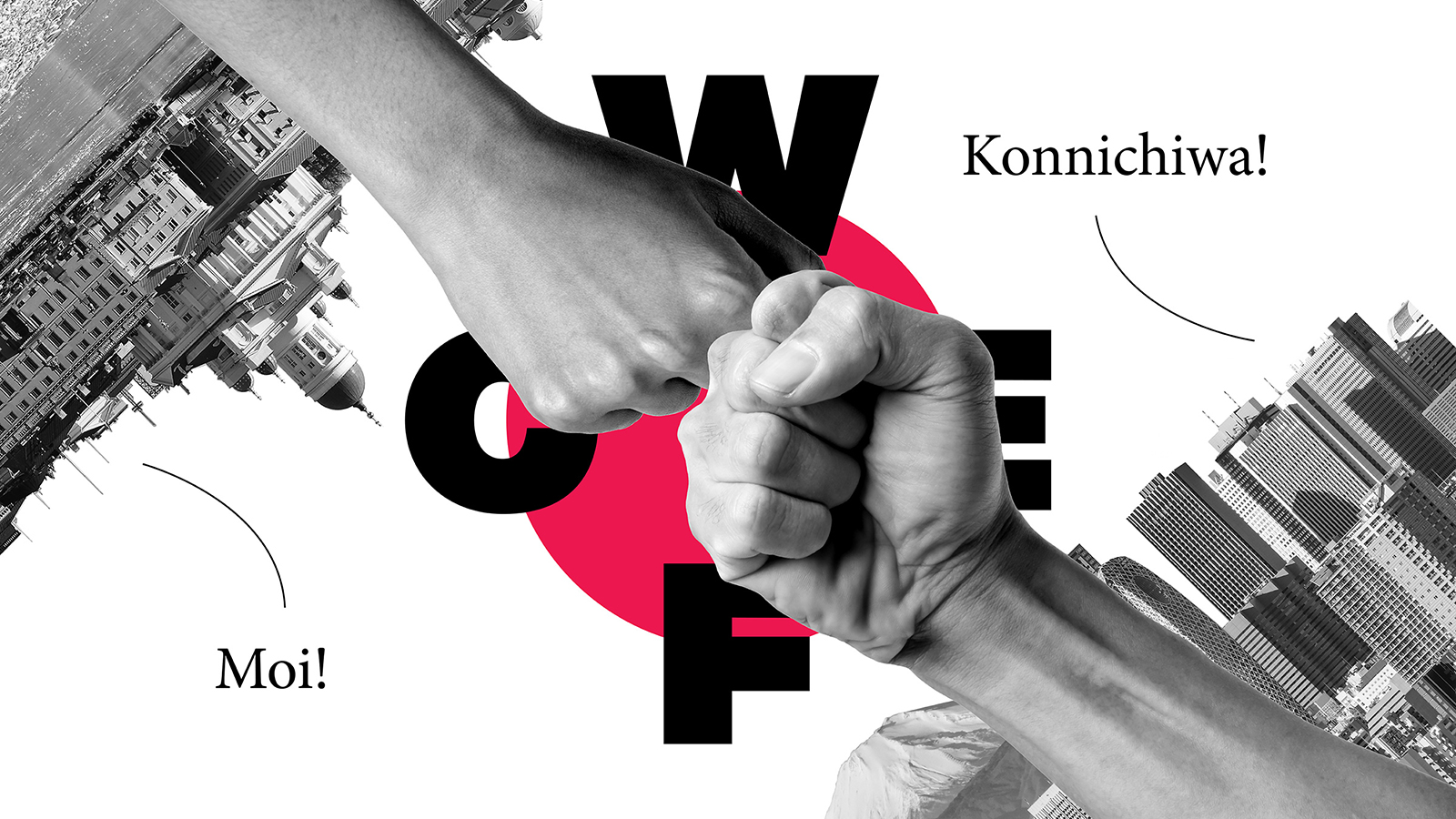Through the discussions at the WCEF2018, we were convinced that the circular economy is a powerful force for solving the global sustainability crisis and it also improves business, trade and job creation. If we can harness the full potential of the circular economy, we have better possibilities to succeed in limiting the global warming to a manageable level. The Circular Economy has to be embedded as a powerful tool for emission reductions in climate policies.
Then how should we act to transition to the circular economy?
First, we need a shared vision of the circular economy. Currently the world lacks a shared vision of the circular economy. A shared circular economy vision connected to the Sustainable Development Goals is necessary. In WCEF2018, future circular economy visions based on the content of the forum were shared through images on five themes: natural resources and manufacturing, transportation and services, food and living, plastics and capabilities.
To move forward towards a shared vision, all entities such as governments, companies, citizens groups and individuals should set specific goals according to their roles and responsibilities. Everyone should also share these goals and act based on them.
To transform each action to global movements, effective activity of dissemination and enlightenment is indispensable. We will bring the output of this forum to various international conferences such as G20, Asia Pacific 3R promotion forum and United Nations Environment Assembly UNEA4. As a symbol of this movements Ministry of the Environment of Japan suggests to set a “Circular Economy Day”.
To strengthen this movements, collaboration between public and private sector is very important. Utilizing platforms such as the WCEF, we should move forward circular economy activity together. It is necessary to have an institutional system where companies conducting circular economy are evaluated properly and get rewarded investments by disclosing their circular activity while public sectors create a good operating environment to promote circular economy.
Without courage and pioneering spirit this monumental global, environmental and social transformation would not and will not be possible. Let’s keep on moving on the journey towards the circular economy.


















Recommended
Have some more.